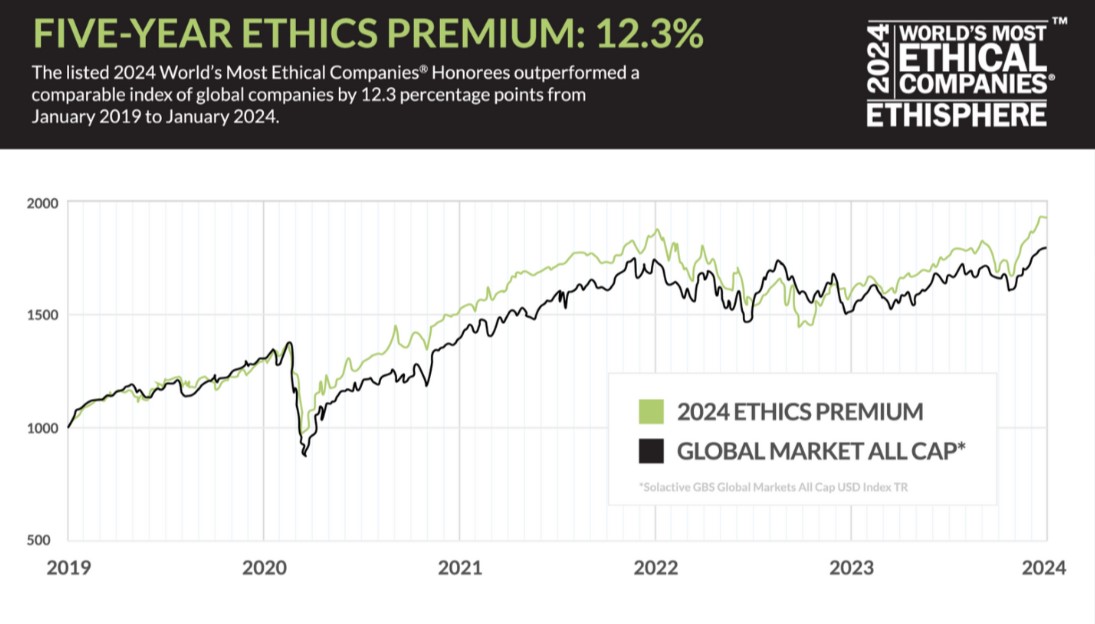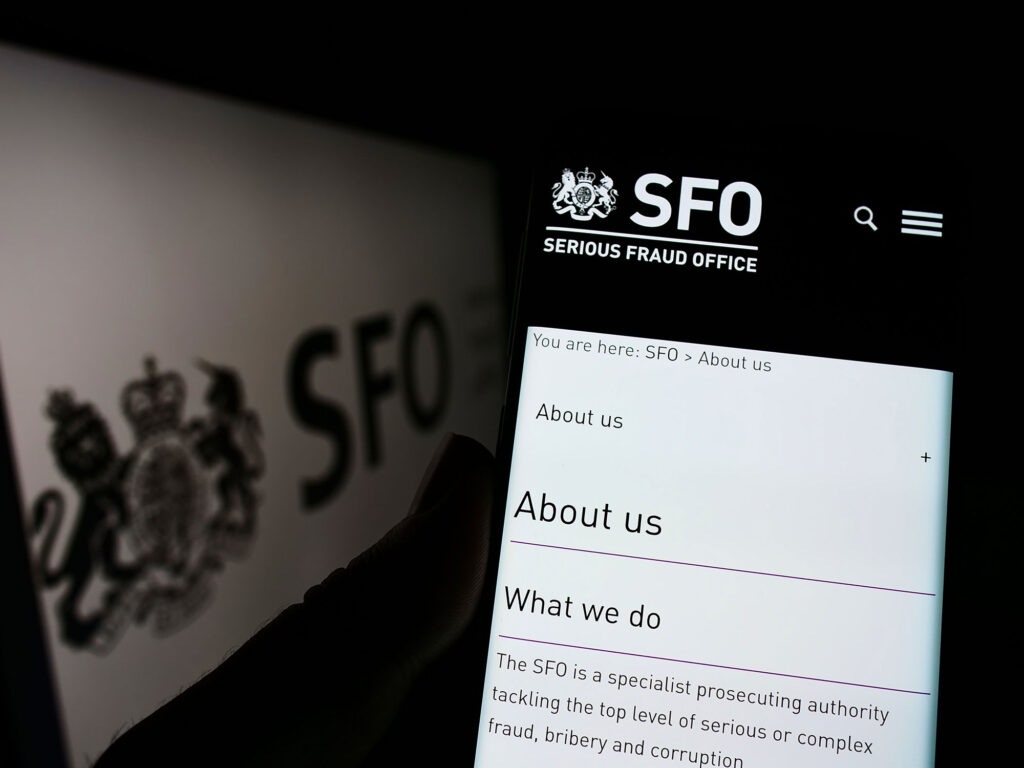It is no secret that strong ethics is good business. There are many reasons for this, but a big one is risk reduction—a great ethics and compliance program fosters a culture of integrity where costly misconduct is prevented, or addressed proactively before things get out of control. Likewise, poor compliance actually costs organizations huge amounts of money. This blog will explore the five biggest reasons why.
Reason #1: Fines, penalties, and settlements
This is the obvious one. When you look across the spectrum of U.S. regulatory agencies and tally up the fines, penalties, and legal settlements that organizations are paying to the government for their compliance failures, those numbers are pretty staggering. Since 2020, the top 100 regulatory fines, criminal penalties, and class action settlements for corporate misconduct in the U.S. alone is nearly $222 billion. That’s enough to buy the National Football League and dissolve it.
Reason #2: The misconduct multiple
There is also an unseen aspect to regulatory costs. If you look at any given regulatory fine, penalty, or legal settlement, take that number and triple or quadruple it. That will reflect the costs to the organization before it ever got to the point of writing a check to the government or a plaintiff’s attorney. These are additional costs to in-house/defense attorneys, forensic accountants, the auditing team, and other functions that all have a very high resource cost.

Reason #3: The performance cost
This is the hidden cost of time that your company could have used to do other things, had it not been forced to spend it dealing with a serious regulatory or legal misconduct issue. Ongoing regulatory and legal concerns are a drag on morale and overall employee psychological safety. It also contributes to employee churn. Many employees will simply work for another company that endure a painful situation at their current one, and the cost of replacing talent is a multiple of any given position’s annual salary, when factoring in recruiting costs and lost productivity.
Reason #4 The rehabilitation cost
Companies that get into huge regulatory or legal trouble typically end up having to rebuild their compliance program, either because the government requires it, or shareholders demand it. Boeing will spend some $455 million over the next three years to rehabilitate its program. Walmart spent $845 million to rehab its program. Those are very large numbers.
Reason #5: The competitive cost
The four previous costs detailed all contribute to the inverse of the Ethics Premium, which tracks the financial performance of the publicly traded companies on the World’s Most Ethical Companies list. “You don’t see those fines and penalties in that particular cohort,” says Ethisphere Chief Strategy Officer Erica Salmon Byrne. “What you do see is a year-over-year outperformance against a comparable stock index.” Put simply, companies poor compliance lose business even if they do not face outright fines and penalties. They lose customers, they lose supply chain partners, and they lose strategic partners.





